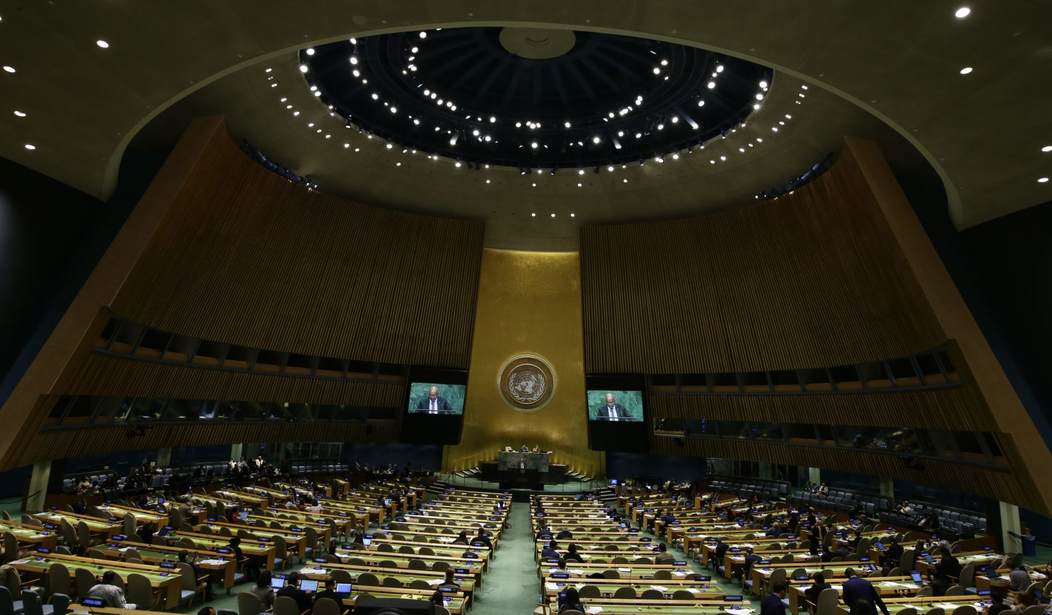The United Nations representative in the Human Rights Council tasked with studying contemporary racism said the world body needs to address nationalist populism’s incitement and hate groups’ reliance on social media.
A report presented to the General Assembly was prepared by Tendayi Achiume, the UN Special Rapporteur on contemporary forms of racism, racial discrimination, xenophobia and related intolerance and a law professor at University of California, Los Angeles.
Achiume reported that there were more than 11,000 websites deemed racist in 2011 and there’s been a 600 percent increase in white nationalist movements utilizing Twitter since 2012.
“This growing climate of intolerance has tangible, horrific impacts on human lives as witnessed during the anti-Semitic attack in Pittsburgh,” she said.
“Action is required by more states to implement anti-hate speech laws and ensure equality and non-discrimination including online, in accordance with international human rights law,” Achiume added. “Criminal and civil penalties alone will not put an end to racial and xenophobic intolerance. A state’s first step must be explicit recognition that the proliferation of nationalist populist mobilizations and Neo-Nazi groups threaten racial equality.”
The focus of the annual report from the rapporteur was “ascendant nationalist populist ideologies and strategies that pose a sobering threat to racial equality by fueling discrimination, intolerance and the creation of institutions and structures that will have enduring legacies of racial exclusion.”
The report condemns “nationalist populism that advances exclusionary or repressive practices and policies that harm individuals or groups on the basis of their race, ethnicity, national origin and religion, including in combination with gender, sexual orientation, disability status, migratory status or other related social categories.”
It doesn’t define populism as belonging to one end of the political spectrum, though, noting “contemporary populist fervor has largely reflected right-wing commitments” in the U.S. and Europe, while populism in Asia and Latin America has been largely left-wing. But right-wing populism is noted to be nationalist and nativist, while left-wing populism is called more internationalist and defines people by socioeconomic class more than culture.
“Nationalist populism often successfully advances heteronormative, patriarchal visions of the nation, and a version of ‘traditional values’ that leads to serious violations against marginalized social groups… Non-conforming women become a target for populist nationalists, who in some cases carry out misogynist online and other attacks against these women,” the UN report continues, adding that LGBT people are treated by some nationalist populist movements “in ways that deny their inherent human dignity and entitlement to full enjoyment of human rights.”
It states that in Australia, the United States and across Europe, “politicians in government have used print and social media unapologetically to make racist and xenophobic statements that have included promises to adopt policies targeting specific racial, ethnic and religious groups, even when such policies would violate existing laws.”
“In the United States, President Donald Trump’s xenophobic nationalist populist rhetoric has consistently stigmatized and vilified migrants, refugees and racial and ethnic minorities,” the UN report continues, citing escalating FBI hate-crimes statistics.
Achiume said that nationalist populism “often affects racial equality across numerous human rights, including rights to vote, to participate in political processes, to bodily security, to health care, to education, and to access public goods and social services.”









Join the conversation as a VIP Member